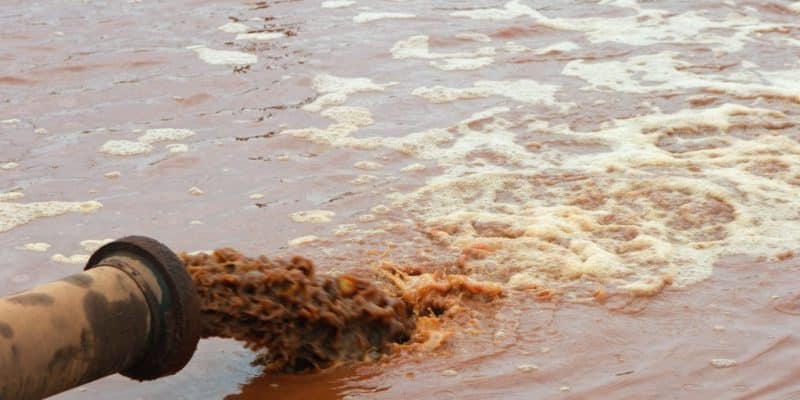Two calls for proposals have just been launched for governments around the world. They will fund initiatives to improve the management of chemical products and waste, such as mercury.
Poor management of chemical products and waste represents a major threat to the global environment. In order to improve the management of this hazardous waste, the United Nations Environment Programme (UNEP) Special Programme and the Specific International Programme (SIP) of the Minamata Convention on Mercury are looking for solutions to improve its treatment.
The calls for proposals, which close on 31 July and 23 August 2024 respectively, are aimed exclusively at governments wishing to strengthen their institutional capacities for the sound management of chemical products and wastes and improve the implementation of several conventions.
Participating governments in the SIP, which supports the implementation of the Minamata Convention that came into force on 16 August 2007, have the opportunity to benefit from a grant worth between $50,000 and $250,000 by 31 July next year. This convention, which aims to protect human health and the environment from anthropogenic emissions and discharges of mercury and mercury compounds, has already been ratified by 26 African countries, the latest being Algeria in 2022.
Applications for the special UNEP programme are open until 23 August. Project proposals must adopt a cross-cutting approach aimed at improving the implementation of the Basel Convention on hazardous waste, in force since 5 May 1992, the Rotterdam Convention on hazardous chemicals, in force since 1998, and the Stockholm Convention on persistent organic pollutants, which entered into force on 17 May 2004, as well as the Minamata Convention and the Global Framework on Chemicals. The projects selected will receive funding of between $275,000 and $500,000, with a co-financing requirement of at least 25% of the amount requested, which may be provided in kind.
UNEP is convinced that improving the implementation of these conventions, which act almost complementarily, will above all strengthen the protection of groundwater that is currently heavily contaminated by chemical waste, with a serious and lasting risk to human health, and will develop the waste economy.
For more information on the call for expressions of interest, click here.
Inès Magoum







